Das Olympische Bildungsmagazin
Exclusive: A leaked list discloses how much cash the IOC has paid for the 2016 Olympics in Rio
- Jens Weinreich
- 11. Mai 2020
- 03:14
- 3 Kommentare
For the first time it can be revealed in detail how much cash the IOC paid to an Olympic host. Investigative journalist Jens Weinreich publishes the list of 117 payments to Rio 2016 in a worldwide exclusive in his magazine SPORT & POLITICS. The revelation helps to understand one of the most fundamental questions around the Olympic movement these days:
What kind of contribution can Tokyo 2020 really expect from the IOC?
The Tokyo Olympics 2020 have been moved to 2021 because of the corona pandemic. Even so, the date of the mega-event will continue to be uncertain. If no vaccine is found by early next year at the latest, the Games may be cancelled. The Japanese organisers are already organising their retreat. Resistance is growing rapidly in Japan.
Former prime minister Yoshirō Mori, now president of the Tokyo Organising Committee of the Olympic and Paralympic Games (TOCOG), has announced the Games could not be delayed a further year until 2022 if the pandemic remains a threat in 2021. “In that case, it’s cancelled.”
One day later, at the end of April, the current prime minister Shinzō Abe said in the Japanese parliament that the Games “cannot be held in a complete form if the pandemic is not contained.”
For the time being, however, work continues feverishly in Japan to understand the organisational and financial consequences of the relocation. The additional costs cannot yet be quantified precisely. Initial estimates range between 2 and 6 billion USD. Meanwhile some serious diplomatic tensions have appeared between the International Olympic Committee (IOC) and the Japanese hosts about the burden of additional costs.
IOC president Thomas Bach said that “the IOC will continue to be responsible for its share of the operational burden and its share of the costs for these postponed Games, under the terms of the existing agreement for 2020 that we have with our Japanese partners and friends.”
On 29 April Bach was quoted on the IOC’s website: “Although it is too early to give an exact figure, we already know that we have to shoulder several hundred million US dollars of postponement costs”.
Meanwhile huge financial and organizational concerns are also being raised about the Games in Paris 2024 and the Winter Games 2026 in Milano, a city severely affected by the Corona virus. If no vaccine is found by next year, the Winter Games 2022 in Beijing are also at risk.
Thomas Bach did not specifically describe which „postponement costs“ he was talking about. He did not mention TOCOG with its 5.6 billion USD organising budget (usually called OCOG budget) and the 7 billion “other entities budget” (usually called Non-OCOG budget).
It is important to be precise here. Bach was only talking about “postponement costs” in general. That would also include additional costs for the IOC itself, for the 33 International Federations in the Tokyo programme and the 206 National Olympic Committees (NOC).
Current host contract without figures
“The Games finance themselves” is the slogan of the Paris 2024 Olympics. That fits one hundred percent with the official IOC assertion: no public money is needed for the organising budget. IOC vice president Juan Antonio Samaranch, son of the former president and responsible for the Beijing 2022 Olympics, has even coined the phrase “No Costs Olympics” in late 2018.
So, what can Tokyo expect from the IOC?
In fact, the published version of the Host City Contract (HCC) for Tokyo 2020 does not include a single figure on the contribution of the IOC. The contract has been signed by the IOC, the Japanese Olympic Committee (JOC) and the City of Tokyo whereas the Japanese government is not even an IOC business partner according to the contract.
In the current fourth version of the OCOG budget, the IOC contribution is listed with a total of 1.3 billion USD: 800 million USD as a share of IOC’s worldwide TV revenue, and 500 million USD as a share of the IOC’s worldwide sponsorship program known as The Olympic Partners (TOP).
However, it all depends on the successful staging of the Games. If the Games are cancelled, most of the money that has already been transferred to TOCOG, will most likely have to be repaid to the IOC.
But even if the Games are held successfully, in theory Tokyo may receive nothing at all from the IOC. The contract stipulates under point 14:
“The IOC shall be under no binding obligation of any kind towards the OCOG or any third party to grant any IOC contribution. The IOC will be entirely free to decide, at its sole discretion, and based upon criteria and factors entirely of its own selection and determination, whether or not to grant any such IOC contribution.“
No binding obligation. Entirely free. Sole discretion. Own selection.
The Host City Contract for the Tokyo Games is based on an old and partly outdated contract model. For future games, the contracts have been revised by the IOC after being heavily criticized worldwide.
There are better contracts in place for the next Olympic organisers – for the Games 2022 (Beijing), 2024 (Paris), 2026 (Milano/Cortina d’Ampezzo), and 2028 in Los Angeles. All these contracts now include four fixed amounts as the “contribution of the IOC to the success of the Games”: The sponsorship share, the TV revenue share, the production of the Olympic TV broadcast conducted by IOC’s own company OBS (Olympic Broadcasting Services), and the so-called transfer of knowledge activities.
The latter means: IOC provides the template, the formula for the Games. The IOC provides big data, experts, knowledge including their respective commissions dealing with the organisers. The IOC sets an estimated value for this.
For Paris 2024, for example, the value of the transfer of knowledge is estimated to be 116 million USD. IOC’s other promises for the Summer Games in 2024 are 855 million as a TV revenue share and 430 million from TOP sponsorship revenue. According to the IOC the Olympic broadcast production via OBS will cost 319 million.
This is the future. And even the Paris Olympics is doubtful.
But Tokyo is the present.
And there are no obligations and no fixed amounts in the Host City Contract going to the organisers.
Quite the opposite. The only amounts fixed in the HCC to be paid are the monies the IOC is to receive from Tokyo organisers.
This fact is widely ignored in the public discussions about the Tokyo costs.
IOC is certain to receive money from Tokyo
At this point the HCC is clear and strict. TOCOG has to pay to the IOC:
- 7.5 percent of all cash payments from domestic sponsorship and suppliers.
- 5 percent of those domestic sponsorship contracts if delivered as Value in Kind (VIK) by the sponsors. In that case TOCOG has to convert VIK in cash and has to transfer the amounts to IOC’s accounts.
- 7.5 percent of the ticketing and domestic hospitality revenue.
- Additionally, some minor parts: 3 percent of the revenue of the coin program and 1 percent of the stamp program.
According to the current budget, TOCOG claims domestic sponsorship revenues of 3.3 billion USD – which would be an all time record for the Olympics – and ticketing and hospitality revenues of 800 million USD.
That means TOCOG has to transfer roughly 250 million USD to the IOC.
There is the binding 250 million USD Tokyo payments – and there is the non-binding IOC contributions of 1.3 billion USD. It comes to a net amount of a bit more than one billion the IOC has to transfer to TOCOG.
Now it’s getting more complicated – and exclusive.
Many payments are not in cash
Only with regard to the TV revenue share will the IOC pay almost the full amount (800 million USD) in cash. In terms of the 500 million USD share of the TOP sponsorhips, the IOC may only pay one quarter. Perhaps 125 million USD, maybe a bit more – but nowhere near the full amount.
This is because the major part of TOP revenue can be considered as so called Value in Kind (VIK) – goods, services, expertise, and other transactions not involving money.
The latest IOC annual report from 2018 states: “TOP rights revenue received in cash as well as VIK and MIK (marketing in kind) convertible to cash is recorded over time. This revenue will be received by the IOC regardless of the nature.”
TOP IX, in the current Olympic cycle 2017-2020, includes 14 companies. Their VIK contribution for Tokyo 2020 include the usual Panasonic screens, Intel processors and drones, Coca-Cola cans, Toyota cars, Omega time-keeping, Atos information technology, Alibaba’s cloud services for the Olympic TV production and e-commerce for the ticketing system, Samsung smartphones for all Olympic athletes and IOC members, P&G products and, last but not least, some Bridgestone tires.
The problem is: neither Olympic organising committees nor any other organiser, or even a private household, can pay all bills with Coca-Cola or any other type of VIK contribution.
It always comes to the moment when cash is urgently needed. And cash is needed in Tokyo.
In IOC’s annual reports the VIK parts of the TOP program are only mentioned in writing. There are no amounts or proportions assigned to them either for individual contracts, nor for TOP IX or any other TOP edition in the past and in the future. Zero detailed information. It is published: VIK is “recorded based on their underlying fair value. Fair value is considered to be the estimated market price obtainable between knowledgeable, willing parties in an arm’s length transaction.”
That’s it.
Additionally, the IOC has refused to answer precise questions on the proportion of cash and VIK for a long time. For this investigation I have asked a number of detailed questions repeatedly starting in December 2018. Instead of providing the exact numbers for all Games and contracts since 2000, the IOC’s communications department only referred to the annual reports and host city contracts.
IOC president Thomas Bach could not give any proportion when I asked him at the IOC session in 2019. He promised detailed answers from his communications department. Finally the IOC sent, again, a general response like this: “The detailed share of the Value in Kind and the cash contribution depends on the situation in each host city”.
They call this Olympic transparency.
List of 117 transfers
Nevertheless, for the first time ever it can now be revealed in detail how much cash the IOC has really paid to an Olympic host.
The list of 117 bank transfers from IOC accounts to the accounts of the Rio 2016 Organizing Committee for the Olympic and Paralympic Games (ROCOG) is an internal document signed by Pâquerette Girard Zappelli, IOC Chief Ethics and Compliance Officer, and Christophe de Kepper, IOC’s Director General.
The 117 transfers to seven different accounts at five different banks in Brazil are recorded in two categories: „IOC payments to ROCOG“ and „IOC payments to ROCOG related to TOP“. The first category includes shares from the Olympic TV contracts held by the IOC. The second category is ROCOG’s share of TOP.
Money was first transferred from 26 May 2010, roughly eight months after the IOC awarded the Games (under dubious circumstances which are the subject of criminal investigations, several criminal indictments and trials). The last payment was made on 25 August 2017, one year after the Games, under the settlement agreement between ROCOG and the IOC.
The final figure also includes some other minor amounts, for example for cars of IOC delegates and IOC accommodation on the shores of Barra da Tijuca during the Rio Games. It includes the smallest transfer of 328.78 USD on 28 December 2015, and the biggest transfer of 90 million USD on 31 March 2015.
This is the total amount transferred from IOC to ROCOG accounts: 776,743,193.61 USD.
Roughly 777 million.
According to the IOC list signed by Mrs Girard Zappelli and Mr de Kepper 704 million USD was paid under the TV revenue umbrella – with only 73 million paid related to TOP.
Originally, ROCOG had budgeted an IOC contribution from TV revenues of 675 million USD. Finally, that amount was paid, more or less – not all of the IOC payments can be allocated properly when studying the lists. The IOC’s accounting looks a bit tricky.
I have discussed the payments with some of my sources, including IOC members, officials from federations, NOC directors and some of the most experienced experts in Olympic bidding. They were all very much surprised. Nobody had ever seen such a list. They were quite confused about the chaotic wording, reasons for payments and other details.
Said an experienced NOC leader: „If I kept accounts like this, the tax investigators would arrive and I would be fired.”
The full list – with all details, dates, account numbers and texts for each of the 117 payments – is published in the magazine SPORT & POLITICS.
This means that from now on, all stakeholders in Olympic sport can discuss the question of IOC’s contributions to the host cities of Olympic Games on a better basis – thanks to the #OlympicLeaks of the payments list. Exclusive details like this, including the crucial VIK question, have never been published before. Also, those details have never been mentioned in the common academic literature on Olympic finances and the financial burden of Olympic hosts.
ROCOG saved by public money
Originally ROCOG had budgeted 335 million USD for the TOP program.
Yet, according to the IOC list, only 73 million was paid in cash.
Roughly 22 percent.
On the basis of that internal IOC document one can estimate a VIK proportion for Rio of 78 percent. Again, the IOC refused to answer all questions on that proportion.
According to IOC’s annual reports TOP VIII (2013-2016 including the tainted Sochi Winter Games and Rio Summer Games) generated a revenue of 1,003 billion USD. More than a billion, for the first time ever.
Only 73 million USD of that revenue appeared in cash on ROCOG accounts. Only 7 percent. That also raises questions about the quality of TOP.
Don’t forget: The situation in Rio de Janeiro was so dramatic that ROCOG was repeatedly almost insolvent – and was saved with public money. The money was then not available for urgent social purposes in Brazil. Immediately before the 2016 Olympics, the governor of the state of Rio de Janiero declared a financial emergency to avoid a “total collapse in public security, health, education, transport and environmental management”. Ten thousands of public clerks did not get pay-checks anymore – the Olympic burden. Many small suppliers never received money for their services.
And final accounts are still missing. The total amount of Rio 2016 costs – including OCOG budget, the non-OCOG budget, security and other capital investments – is estimated around 20 billion USD with the vast majority paid by the public.
Officially IOC has claimed a contribution to the Rio Games of 1,531 billion USD.
According to the 2016 annual report, this includes:
- 321 million IOC contribution via OBS and the Olympic broadcasting costs
- 242 million in other expenditure IOC considers as “Olympic Games-related” including IOC operations and IOC commissions (48 million) and grants for travel, equipment and athletes from 205 participating National Olympic Committees (40 million)
- 765 million TV revenue distribution
- 231 million TOP program revenue distribution. Some other TOP payments appeared in annual accounts of the years before.
If you add the numbers, the overall amount is even higher than the 1,531 billion. That is the art of IOC accounting.
Since the IOC does not want to explain any questions openly we should focus on the new documents obtained exclusively.
This is what arrived in ROCOG bank accounts:
- 704 million in TV revenue distribution and other payments including 10 payments based on the settlement agreement (total amount 36 million)
- 73 million cash transfers to ROCOG accounts related to TOP revenues.
Only roughly 50 percent of the 1,531 billion USD was direct cash contribution.
And: ROCOG had to pay its share of domestic revenues to the IOC according to the HCC as well.
Tokyo should not expect too much
So, what does that mean for Tokyo 2020?
First of all: Most of the media coverage with regard to the IOC contribution is wrong. The IOC has not yet “paid” 1.3 billion as has been reported worldwide. And that amount will, perhaps, never be paid in cash.
Second: Tokyo should not expect too much. The Host City Contract does not provide “certainty” to use one of the favorite phrases of IOC president Bach. IOC’s contribution is non-binding. And because of the corona, the IOC may well sail into troubled water not only with Tokyo but also with Beijing, Paris and Milano.
Third: If the Games take place next year, TOCOG may receive, finally, 800 million USD from worldwide TV revenues. Perhaps a bit more depending on the final execution of all contracts in the respective markets. At least half of that amount should have been paid already – as it was paid for Rio in Spring 2016. But that TV money depends on the delivery of the Games. If there are no Games there is no money – and TV companies will get refunds.
Fourth: Tokyo may get about 25 percent, or a bit more, from the budgeted 500 million TOP revenues in cash. The majority of this amount will be VIK as it was in Rio.
Fifth: Other IOC contributions such as the broadcasting production and the knowledge transfer will be provided by the IOC. Those amounts are not a part of TOCOG’s budget.
Sixth: Overall TOCOG may receive 1 billion USD in cash from the IOC, perhaps some more, only if the Games is delivered. IOC Olympic marketing revenues were on record course, far over budget – but then came COVID-19.
Seventh: According to the contract and the budget, TOCOG has to pay at least 250 million USD to the IOC as a share of its domestic marketing including ticketing and hospitality.
That amount of 250 million USD is interesting.
Remember what IOC president Bach has said: “several hundred million USD of postponement costs”.
It would be the easiest solution for the IOC to give up on this claim.
250 million fit the definition of “several hundred million” quite well.
Bach could rename that amount, to be transferred from Tokyo to IOC accounts, into “additional contribution to the Tokyo Games”.
Would Thomas Bach be tempted to take a chance like this? It would be a perfect manoeuvre.
The IOC would not even have to pay a single Yen from assets on its accounts or from IOC’s Olympic Foundation 897 million USD reserves.
Wait and see. And check the accounts.
Sie wollen Recherche-Journalismus und olympische Bildung finanzieren?
Do you want to support investigative journalism and Olympic education?
SPORT & POLITICS Shop.
Subscribe to my Olympic newsletter: via Steady. The regular newsletter is free. Bur you are also free to choose from three different payment plans and book all product at once!
-
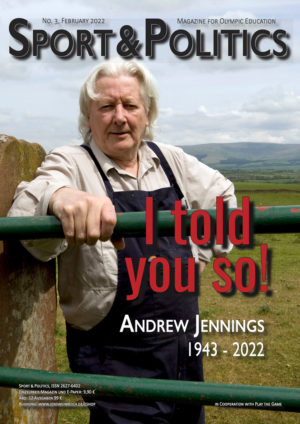 SPORT & POLITICS Heft 39,90 €
SPORT & POLITICS Heft 39,90 € -
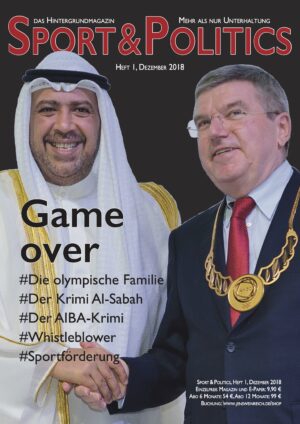 SPORT & POLITICS Heft 19,90 €
SPORT & POLITICS Heft 19,90 € -
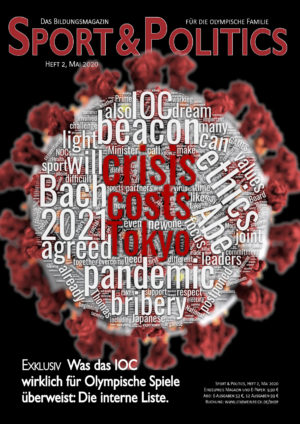 SPORT & POLITICS Heft 29,90 €
SPORT & POLITICS Heft 29,90 € -
Angebot Produkt im Angebot
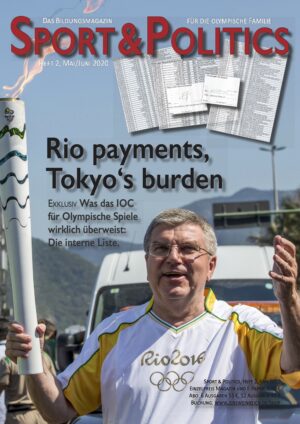 Business-Paket
Business-Paket1.090,00 €Ursprünglicher Preis war: 1.090,00 €890,00 €Aktueller Preis ist: 890,00 €. -
Angebot Produkt im Angebot
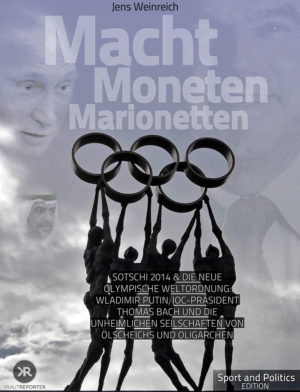 „Macht, Moneten, Marionetten“ E-Book
„Macht, Moneten, Marionetten“ E-Book19,90 €Ursprünglicher Preis war: 19,90 €9,90 €Aktueller Preis ist: 9,90 €.
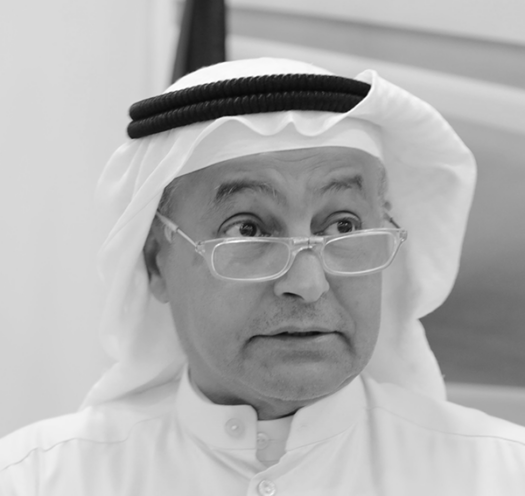

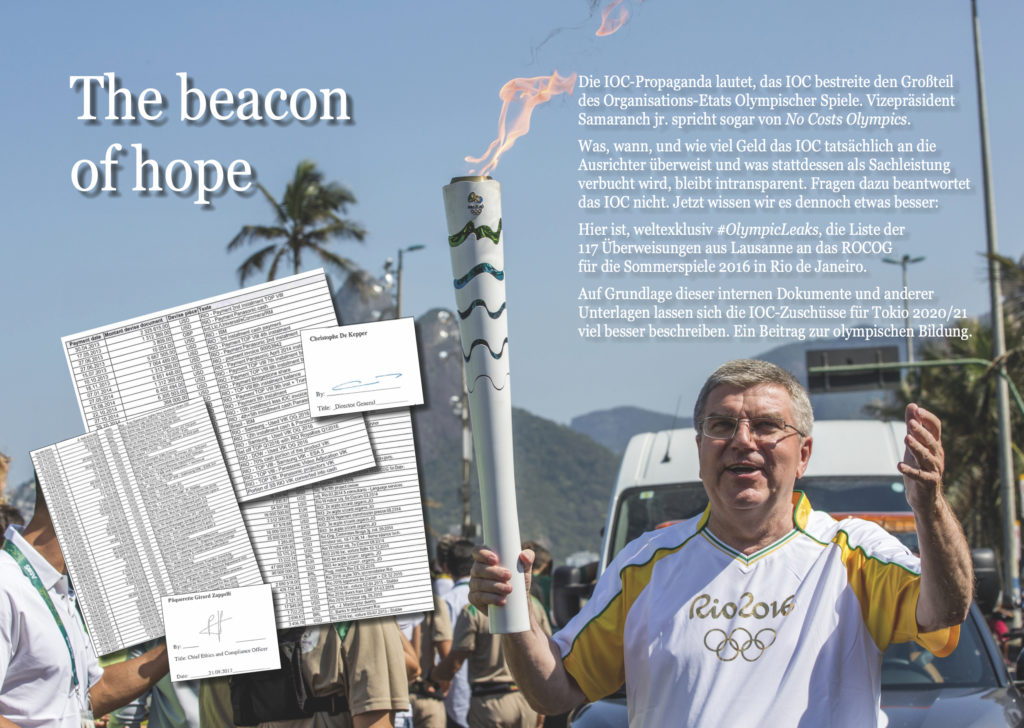
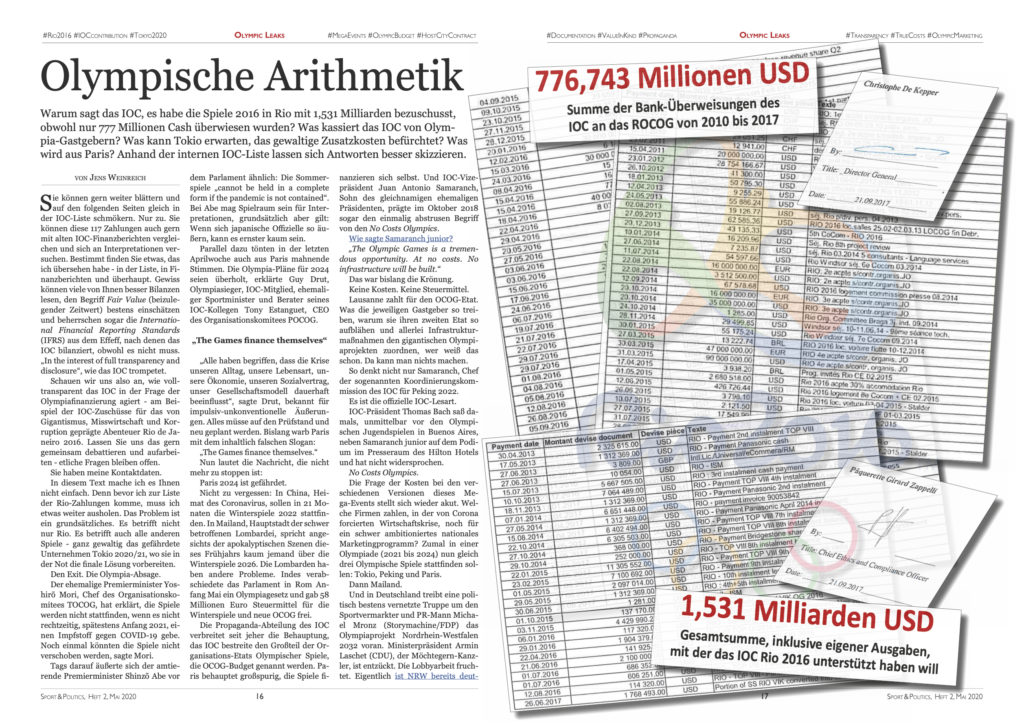

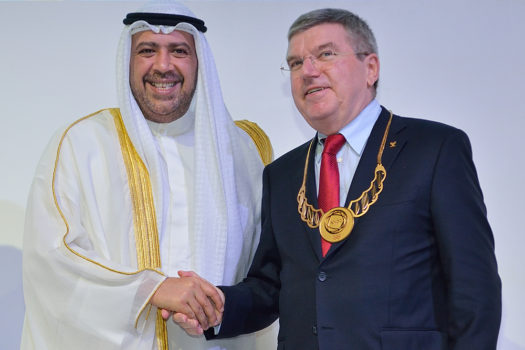
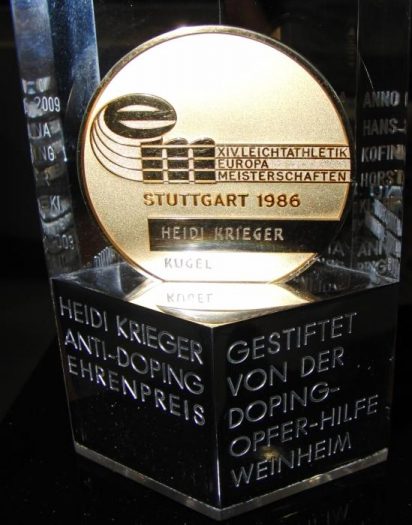
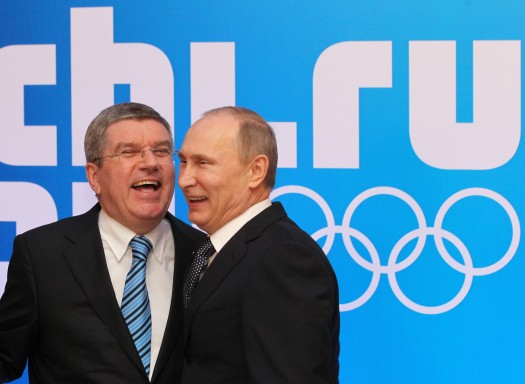
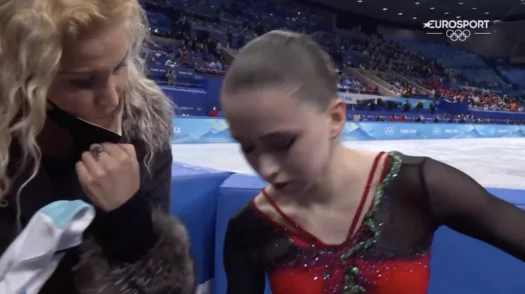
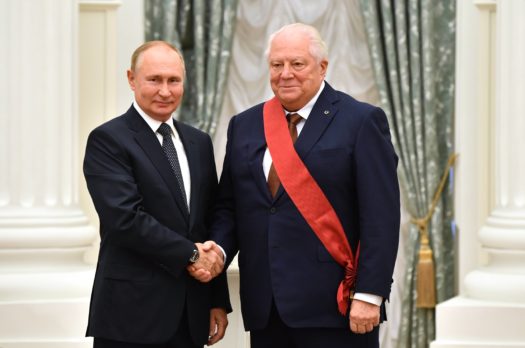
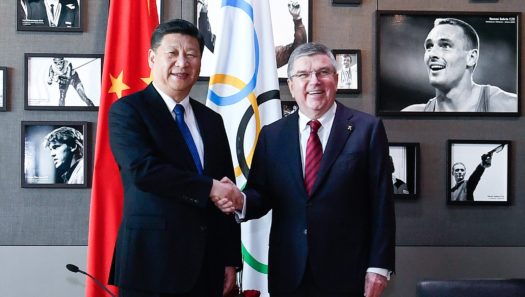
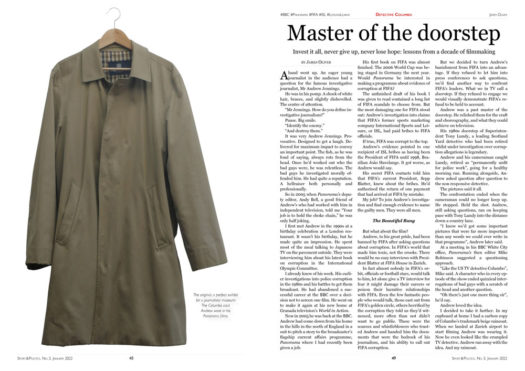
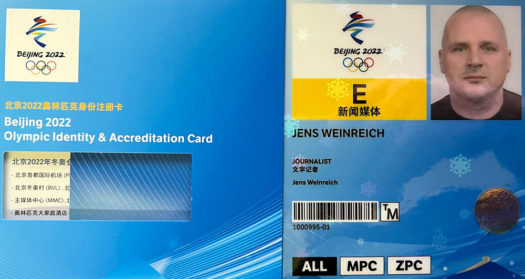
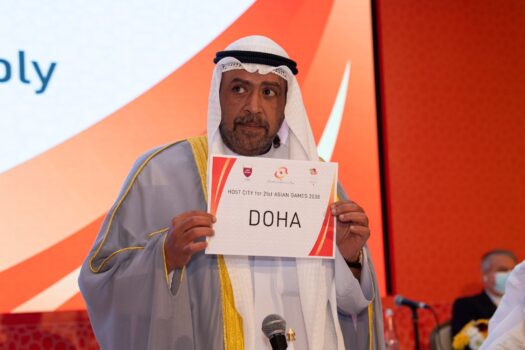
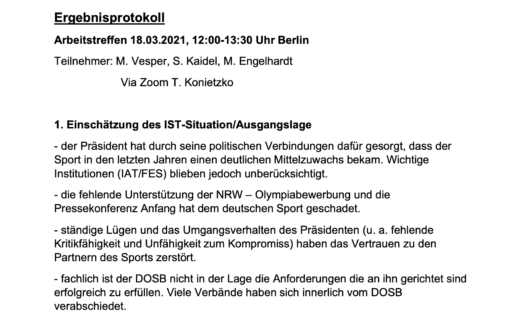
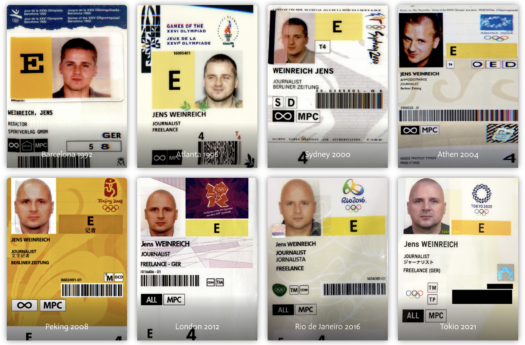
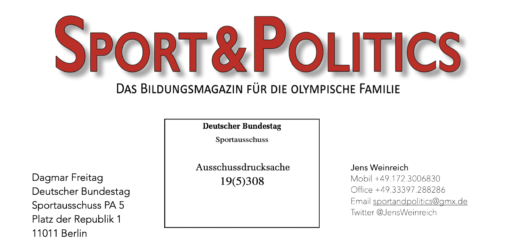
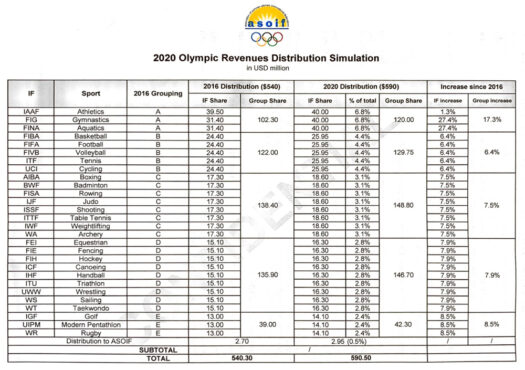
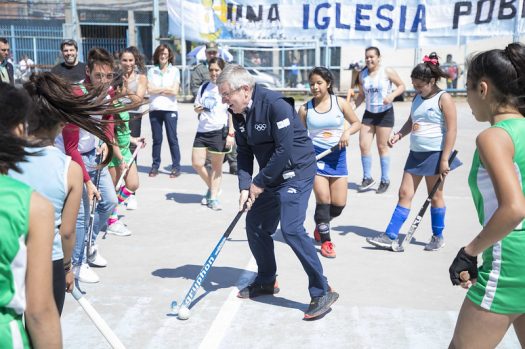
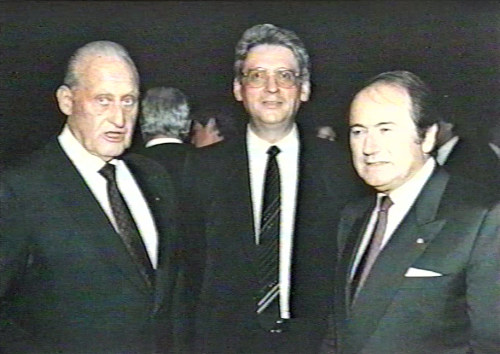
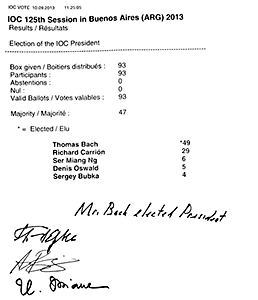
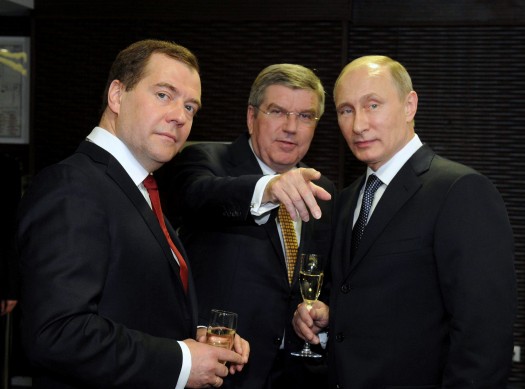
Pingback: Vom Wert des Journalismus bei den Propagandaspielen in Tokio – SPORT & POLITICS
Pingback: Wenn die Kraft nicht mehr zum Weinen reicht: über Zahnspangen, Ruinen, Drogen und Caipirinha in Eimern – SPORT & POLITICS
Pingback: Tokio, was vom Tage übrig bleibt (20. Juli 21) – SPORT & POLITICS